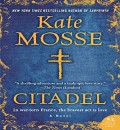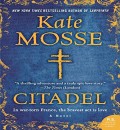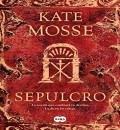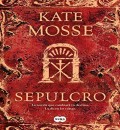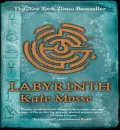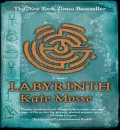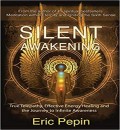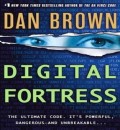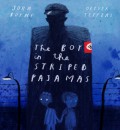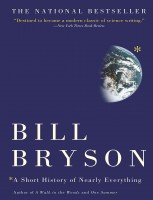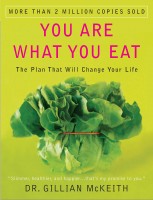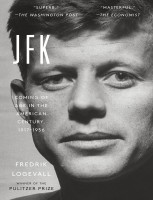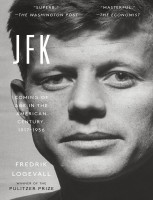Forgot Your Password?
Enter your email address
Forgot Your Password?
Enter OTP
Forgot Your Password?
Enter a new password below
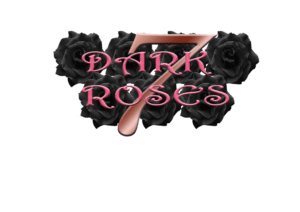
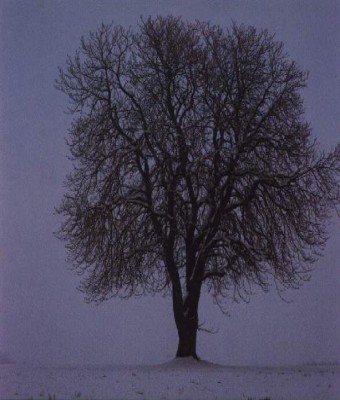
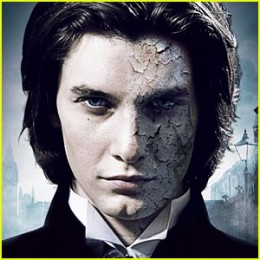





Kate Mosse
1942, Nazi-occupied France. Sandrine, a spirited and courageous nineteen-year-old, finds herself drawn into a Resistance group in Carcassonne – codena
Read more… 26/01/22
26/01/22 All ages
All ages

Kate Mosse
1942, Nazi-occupied France. Sandrine, a spirited and courageous nineteen-year-old, finds herself drawn into a Resistance group in Carcassonne – codena
Read more… 25/01/22
25/01/22 All ages
All ages

Kate Mosse
In 1891, young Léonie Vernier and her brother Anatole arrive in the beautiful town of Rennes-les-Bains, in southwest France. They’ve come at the invit
Read more… 22/01/22
22/01/22 All ages
All ages

Kate Mosse
In 1891, young Léonie Vernier and her brother Anatole arrive in the beautiful town of Rennes-les-Bains, in southwest France. They’ve come at the invit
Read more… 13/01/22
13/01/22 All ages
All ages

Kate Mosse
July 2005. In the Pyrenees mountains near Carcassonne, Alice, a volunteer at an archaeological dig, stumbles into a cave and makes a startling discove
Read more… 13/01/22
13/01/22 All ages
All ages

Kate Mosse
July 2005. In the Pyrenees mountains near Carcassonne, Alice, a volunteer at an archaeological dig, stumbles into a cave and makes a startling discove
Read more… 11/01/22
11/01/22 All ages
All ages

Eric Pepin
Imagining this extraordinary event, the most powerful element is the brief, silent moment between the explosive end of this noble creature and its won
Read more… 09/01/22
09/01/22 All ages
All ages

Dan Brown
When the National Security Agency’s invincible code-breaking machine encounters a mysterious code it cannot break, the agency calls its head cryptogra
Read more… 09/01/22
09/01/22 12 and up
12 and up

John Boyne
Discover an extraordinary tale of innocence, friendship and the horrors of war.’Some things are just sitting there, minding their own business, waitin
Read more… 09/01/22
09/01/22 All ages
All ages

Sebastian Faulks
In 1942, Charlotte Gray, a young Scottish woman, heads for Occupied France on a dual mission – officially, to run an apparently simple errand for a Br
Read more… 08/01/22
08/01/22 All ages
All ages
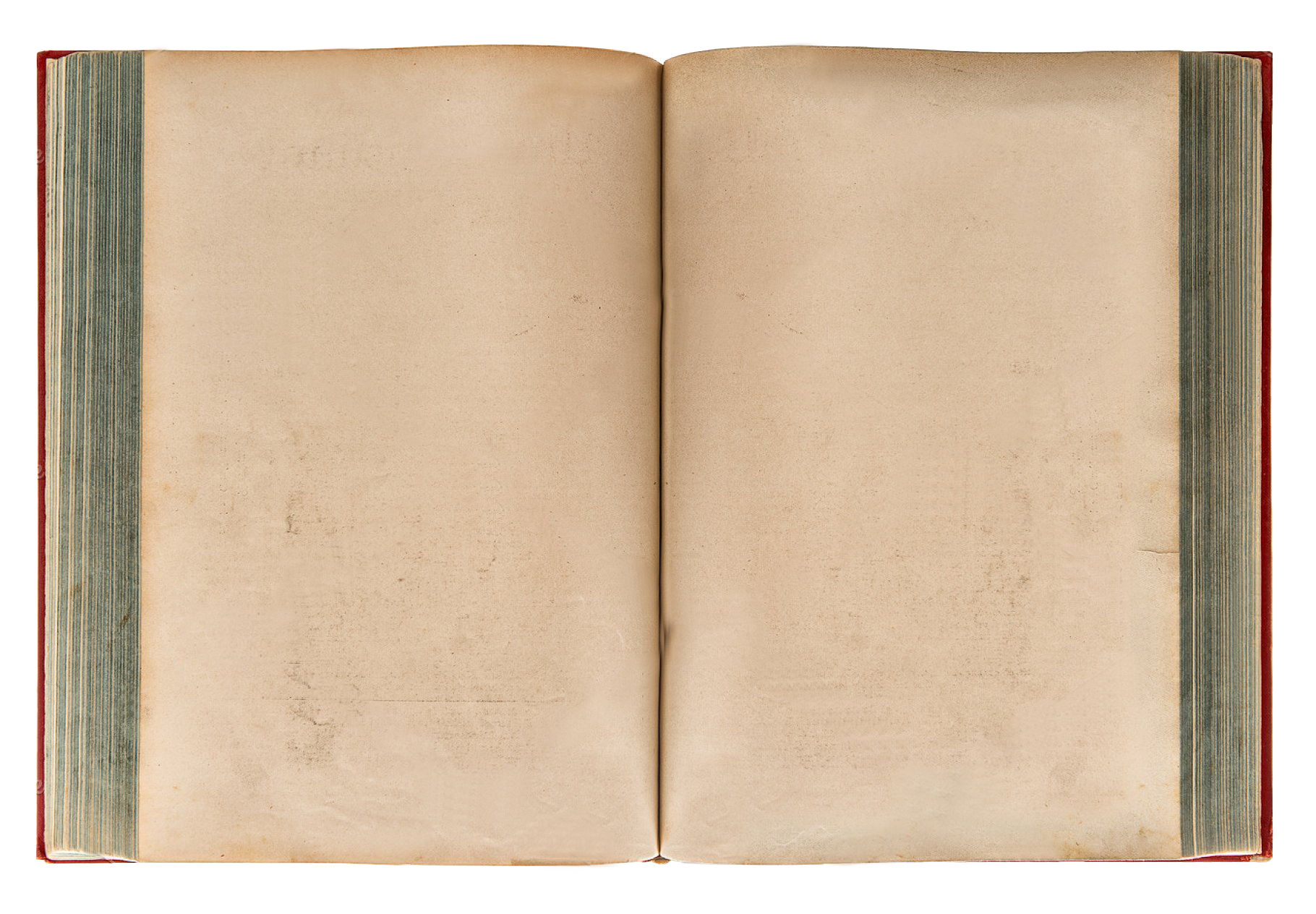
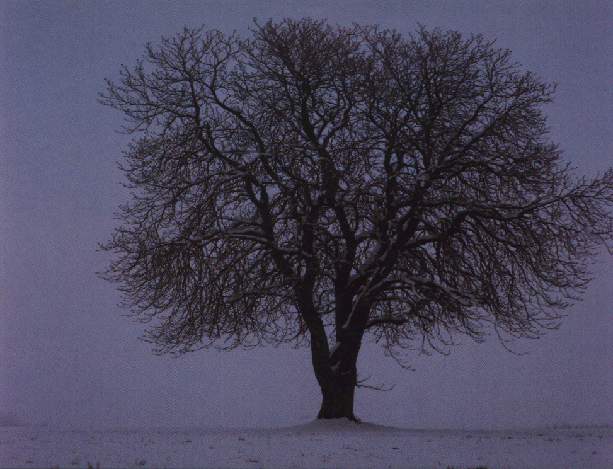






 05/01/22
05/01/22 All ages
All ages
A Short History of Nearly Everything
In Bryson’s biggest book, he confronts his greatest challenge: to understand—and, if possible, answer—the oldest, biggest questions we have posed about the universe and ourselves. Taking as territory everything from the Big Bang to the rise of civilization, Bryson seeks to understand how we got from there being nothing at all to there being us. To that end, he has attached himself to a host of the world’s most advanced (and often obsessed) archaeologists, anthropologists, and mathematicians, travelling to their offices, laboratories, and field camps. He has read (or tried to read) their books, pestered them with questions, apprenticed himself to their powerful minds. A Short History of Nearly Everything is the record of this quest, and it is a sometimes profound, sometimes funny, and always supremely clear and entertaining adventure in the realms of human knowledge, as only Bill Bryson can render it. Science has never been more involving or entertaining.

 04/01/22
04/01/22 All ages
All ages
You Are What You Eat :The Plan That Will Change Your Life
With over 2 million copies sold worldwide, Gillian McKeith’s You Are What You Eat is a national bestseller that has changed the way people think about food and nutrition. You Are What You Eat features real-life diet makeovers and case studies, easy to use lists and charts, and beautiful full color photographs. By encouraging you to eat more nutrient-dense, flavorful whole foods, You Are What You Eat will teach you how to stay healthy and satisfied.You Are What You Eat also includes:Gillian McKeith’s “Diet of Abundance” A 7-Day jumpstart plan The Food IQ Test Complete shopping guide and meal plan Healthy and delicious Mediterranean-inspired recipesYou Are What You Eat is a clear, no-nonsense nutritional guide to a healthier life.

 03/01/22
03/01/22 All ages
All ages
JFK: Coming of Age in the American Century, 1917-1956 – Vol 2
By the time of his assassination in 1963, John F. Kennedy stood at the helm of the greatest power the world had ever seen, a booming American nation he had steered through some of the most perilous diplomatic standoffs of the Cold War era. Born in 1917 to a striving Irish American family that had ascended the ranks of Boston’s labyrinthine political machine, Kennedy was bred for government, and his meteoric rise to become the youngest elected president ever cemented his status as one of the most mythologized political figures in American history. And yet, in the decades since his untimely death, hagiographic portrayals of his dazzling charisma, reports of his extramarital affairs, and disagreements over his political legacy have made our 35th president more mysterious than ever–a problem further exacerbated by the fact that no genuinely comprehensive account of his life has yet been attempted.

 03/01/22
03/01/22 All ages
All ages
JFK: Coming of Age in the American Century, 1917-1956 – Vol 1
By the time of his assassination in 1963, John F. Kennedy stood at the helm of the greatest power the world had ever seen, a booming American nation he had steered through some of the most perilous diplomatic standoffs of the Cold War era. Born in 1917 to a striving Irish American family that had ascended the ranks of Boston’s labyrinthine political machine, Kennedy was bred for government, and his meteoric rise to become the youngest elected president ever cemented his status as one of the most mythologized political figures in American history. And yet, in the decades since his untimely death, hagiographic portrayals of his dazzling charisma, reports of his extramarital affairs, and disagreements over his political legacy have made our 35th president more mysterious than ever–a problem further exacerbated by the fact that no genuinely comprehensive account of his life has yet been attempted.


















